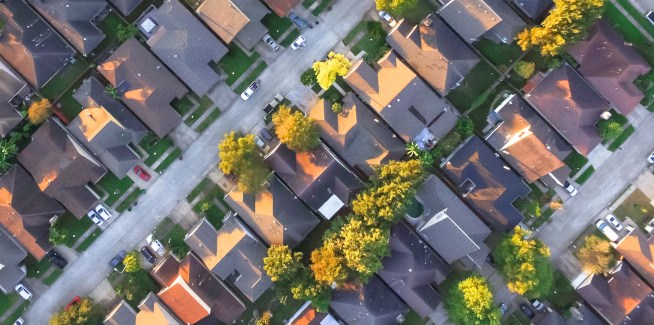Earlier this week, property research group CoreLogic released its latest home value index, reporting that national home values slipped by a further 0.6 per cent in July, following cumulative declines of 1.1 per cent in May and June.
Thus far, Sydney and Melbourne have led the COVID-induced slide in national dwelling values, recording cumulative falls of a combined 5.3 per cent over the past quarter.
In a new analysis, CoreLogic’s head of research, Australia, Eliza Owen, has observed that the housing slump in Victoria will likely be exacerbated by newly imposed stage 4 lockdown measures aimed at curbing the spread of the latest outbreaks of COVID-19.
However, Ms Owen warned that the Victorian lockdown would also have broader ramifications on the national housing market.
“Considering Victoria accounts for around one quarter of the nation’s economy, the stage 4 lockdown has already dampened both consumer and business sentiment nationally, and the interruption to economic activity will deepen and lengthen Australia’s recession,” she said.
“Cities where labour markets are more impacted are also likely to underperform, as will those with more significant exposure to overseas migration as a source of housing demand.”
Ms Owen added that the impact of a stage 4 lockdown in Victoria would be exacerbated by the reductions in the federal government’s wage subsidies in October.
“As federal government fiscal support moves from around $18 billion per month to around $3 billion from October, housing market conditions will be tested more broadly; this is when we are likely to see a rise in the number of households facing financial distress and a lift in urgent sales,” she continued.
The CoreLogic analyst also warned that the expiry of home loan repayment holidays would place households under further stress in the second quarter of 2021.
“Pre-COVID, mortgage arrears remained around 1 per cent of the mortgage book, but with unemployment expected to reach 10 per cent, along with less fiscal support and an expectation that mortgagors taking a repayment holiday will need to face up to their debts by April next year, it’s reasonable to expect a sharp rise in mortgage arrears, which could see a lift in distressed properties hitting the market,” Ms Owen warned.
Ms Owen pointed to an analysis from the Reserve Bank of Australia, which found that over 90-day mortgage arrears increased by approximately 80 bps for every 1 per cent rise in the unemployment rate.
“If unemployment rises to 10 per cent, that implies a 90-day mortgage arrears rate around 5 per cent,” she said.
However, Ms Owen said that the relationship between mortgage arrears and the unemployment rate may not be as evident during the COVID crisis, with weak labour market conditions “skewed to more casualised workers who tend to be renters rather than home owners”.
Ms Owen concluded: “The outlook for both the economy and housing markets remains extremely uncertain, but risk remains skewed to the downside.”
[Related: COVID economy triggers third monthly fall in home values]
